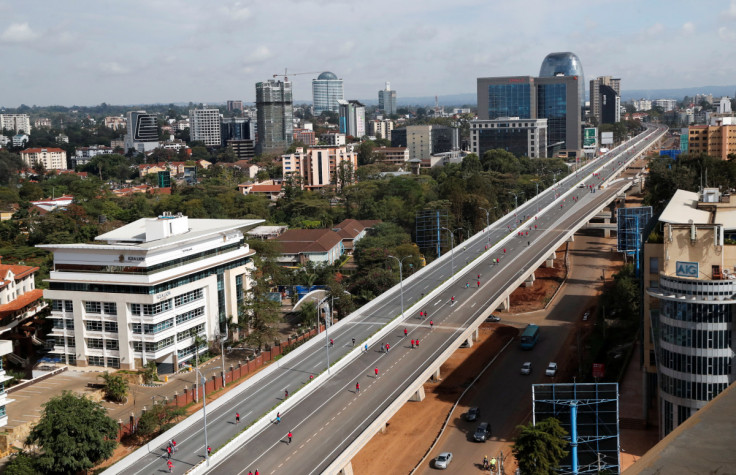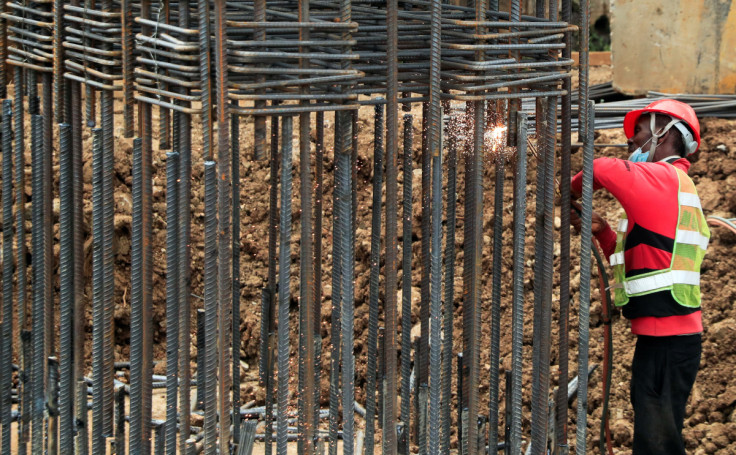Kenya To Cut Appetite For Borrowing, Eyes Narrower Budget Deficit

Kenya's government is reducing its rate of borrowing, officials said on Thursday, to attain a significantly narrower budget deficit in the next financial year.
President William Ruto's administration, which took over in mid-September, is in the process of revising its budget for this fiscal year to reduce expenditure by 300 billion shillings ($2.47 billion), aiming for a recurrent surplus in three years.
"We must cut our appetite for borrowing," Ndindi Nyoro, the chair of parliament's budget panel, told a meeting to discuss the budget for the 2023/24 (July-June) fiscal year.
Public debt surged under the administration of Ruto's predecessor, Uhuru Kenyatta, which presided over an infrastructure construction drive.
The new government is planning to set a budget deficit of 4.3% of gross domestic product in the next financial year, the finance ministry said.
The revision of this financial year's budget is expected to reduce the projected budget deficit to 5.8% of the GDP from the initial 6.2%, the ministry said.
"We intend to contain growth in non-priority expenditures to reduce the fiscal deficit," Finance Minister Njuguna Ndung'u told the meeting on budget preparation.
The push to reduce borrowing is aimed at supporting debt sustainability and to boost lending to the private sector.
The East African nation's fiscal consolidation plans received the IMF's seal of approval on Tuesday after a review of economic performance under a 38-month lending programme.
Economic growth is expected to rise to 6% next year, from an estimated 5.3% this year, Ndung'u said. Like other economies around the world, Kenya is experiencing a surge in prices of basic commodities, which has been exacerbated by the worst drought in four decades.
The government will lower inflation back to its normal range of 2.5-7.5% after the current shocks are dealt with, Ndung'u said. Inflation is running above 9%.
It will also focus on investing in the agriculture sector to boost food production and looking to boost tax collection, officials said.
"We must start with a country that is feeding itself," Nyoro, the chairman of the budget panel, said.
Ruto said last month that his government wants to increase annual revenue collection by a third in the next fiscal year, doubling that by 2027, through broadening of the tax base.
($1 = 121.7000 Kenyan shillings)

© Copyright Thomson Reuters 2025. All rights reserved.





















